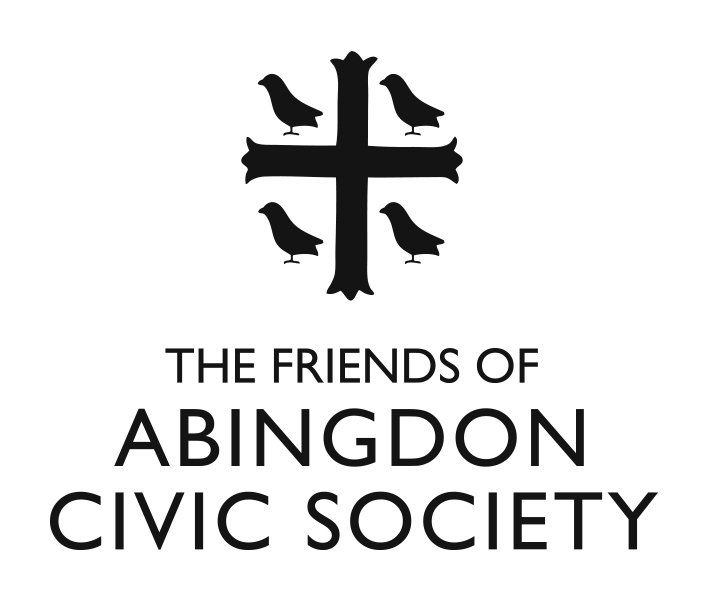The Professions
Abingdon’s status as County Town of Berkshire, and therefore home of the County Court, was no doubt the reason for the existence of a couple of legal “dynasties”, families whose law firms were part of the fabric of the town. The Challenors who lived on Marcham Road lost one son, Norman, who had been involved in paper manufacture, but the elder son went on to join his father’s legal firm, and a younger one, Basil, appears to have joined the church, acting as a forces Chaplain during the war. A number of Challenors over the years held the post of Town Clerk. However, at the time of the 1919 Homecoming Parade the post was held by D’Almaine of 2-3 Ock Street (the handsome house with the pillared porch on the edge of The Square, once again occupied by a legal firm in the present day); Interestingly his son, Duroy D’Almaine, gave his occupation as “farm-hand” on enlisting. Was this a “gap year” or rebellion against his father’s chosen path? He died in 1916 so we will never know if he would have gone on to follow his father into the law. Alfred Pryce was also a solicitor who held various local positions; Clerk to the Abingdon Borough Justices, Clerk to the Joint Burial Committee and Deputy Registrar of Abingdon County Court. His full name, Alfred Owen Challenor Pryce, suggests a connection with the Challenor family which would explain his legal training.
Family connections often helped to start a career. It’s likely that Norman Shepherd Turneham may have used local connections as he was articled to a Harley Street dentist with a local family name (Badcock). He was later a dental surgeon at Guy’s Hospital. There was also a dental mechanic in the Thouless family.
The Wests of The Knowl in Stert Street were another family whose profession spanned the generations. The architect’s practice of West Waddy still in the town today, is the descendant of this family business.
Both Robert Weaving and Sidney Baker were teachers. The training and qualifications mentioned in the letter from Weaving's father show the increasing professionalisation of the role. There is a hint of class divide here between the Council school teacher who trained at Culham Training College and the Oxford graduate who taught at Loretto and Abingdon School. In the army, the former was a Sergeant and the latter a Major.
There were families who were already strongly linked with branches of the military long before the war. We would now call them professional soldiers. Horatio Davis joined the Navy out of school and continued his maritime career after the end of the war, serving on light vessels for Trinity House until his death in the next war. His birth address was the Wharf and the family owned Davis Engineering and Launch Building Company so the connection with boats was a family tradition as his first name suggests.







